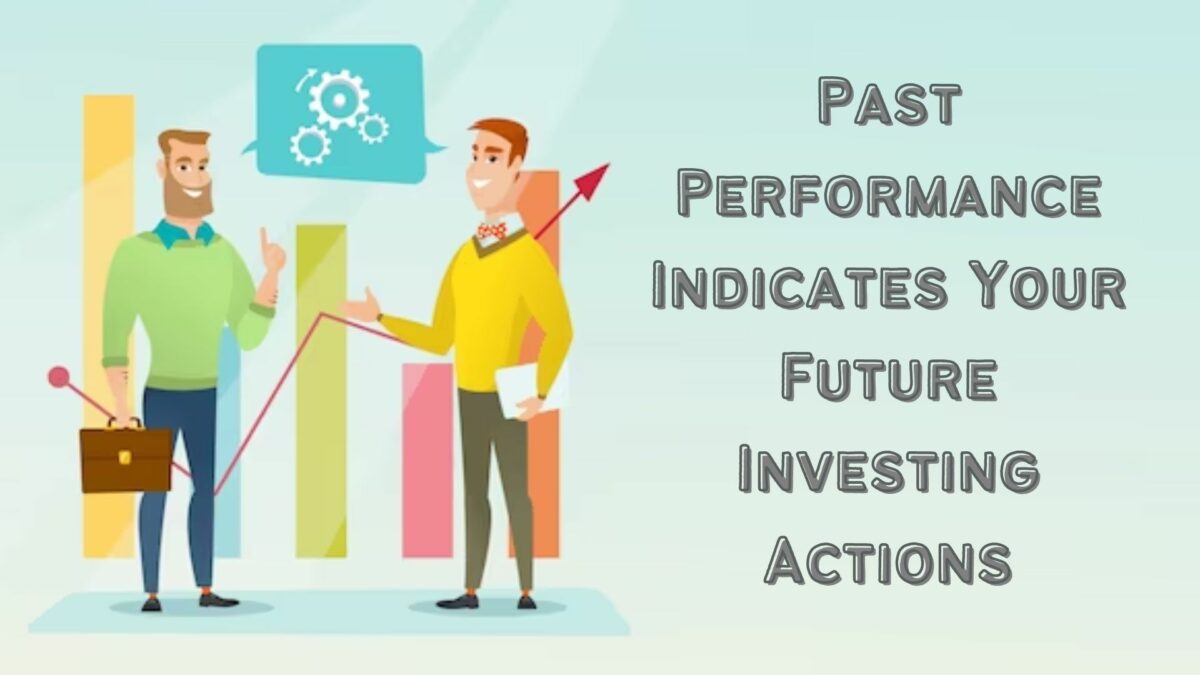“You can go home with a lot of money with absolutely no skill.”
– Howie Mandel
If you’ve ever been to Vegas, you’ve probably seen the poor guy (or, maybe, deep down inside, you admit this is you) who has lost a bunch of money trying to win it all back. “If I just break even, I’ll walk away,” he says. His wallet cringes. Visa stock prices go up as the anticipated profit of this guy paying off his debt gooses their bottom line.
Why can’t he just quit while he’s behind? It’s called loss aversion, and because of it, you’re much more likely to try to chase losses and get back to break even.
You’ve probably also seen the guy at the table who had the hot hand. He had a stack of chips in front of him, the table is loud, and cocktail waitresses circle like pigeons surrounding the person in the park who is throwing bread crumbs. As he grabs the dice, he bellows “I’m playing with house money! Let it ride!”
At that point in time, he’s a winner, but isn’t he exhibiting the same risky behaviors as the poor schmuck two tables over who’s crying into his $500 cocktail? Yes. Because he views himself as playing with house money, he’s more likely to take risks. Another phenomenon of this winner is that even as the casino gods exert their inexorable force on him and he comes down off the winning streak, he still thinks of himself as hot. It may take several losing throws, a dwindling stack, and the loss of attention of the cocktail waitresses before he comes to realize that his ride is over. It’s because the human mind takes several iterations of losing or winning to adjust to a new reality.
What about the person who has the typical casino experience of lose a little, win a little, lather, rinse, repeat, and go home down a few dollars? That person is much more likely to walk away booking a small loss, or slightly less likely, a small gain.
Sure, you say, but that’s small stakes. Few people really lose or win rent money at a casino compared to the millions who visit. What happens when there’s real money at stake?
For several seasons, we got to watch this economics experiment in action on the show Deal or No Deal. The results held similar to what you see in the casinos. Big winners and big losers exhibited riskier behaviors than those in the middle who won a little or lost a little.
How does this relate to your investing? It certainly affects you if you’re in one of the extremes in your portfolio performance results. Did you get started just when the Internet bubble began growing and see your portfolio double in two or three years? You probably thought you were the next Michael Milken or Gordon Gekko and that every stock pick you made would shoot to the moon. Not only that, but you probably made more trades thinking yourself infallible.
And if you started in 2008 just as the market began its collapse? 40% down, you were much more likely to swing for the fences, buying penny stocks, calls, and the next hot stock that Jim Cramer yelled about on CNBC.
It’s also a fallacy that investors fall for when they chase the hot fund manager. Look at how the fund managers of the top 25% of funds did in subsequent years according to this Standard and Poors study. Only 10% of the top quarter of funds from 2006 – 2009 remained in the top quarter between 2009 – 2012. On the other hand, 40% of them wound up in the bottom quarter of funds. Furthermore, the reporting data doesn’t account for the survivor effect. Funds which disappeared prop up the bottom of these studies, making relative performance look better than it actually was.
Both behaviors are destructive. Consistent gains from active trading are much more likely to be a result of luck than skill. Timing the market for a 2% or 3% drop when dollar cost averaging is much different than trying to find the next ten bagger. Don’t commit yourself to ten years of extra time in the workforce to get financially independent because of a year spent investing while you’ve let Monkey Brain invest for you.
Author Profile
- John Davis is a nationally recognized expert on credit reporting, credit scoring, and identity theft. He has written four books about his expertise in the field and has been featured extensively in numerous media outlets such as The Wall Street Journal, The Washington Post, CNN, CBS News, CNBC, Fox Business, and many more. With over 20 years of experience helping consumers understand their credit and identity protection rights, John is passionate about empowering people to take control of their finances. He works with financial institutions to develop consumer-friendly policies that promote financial literacy and responsible borrowing habits.
Latest entries
 Low Income GrantsSeptember 25, 2023How to Get a Free Government Phone: A Step-by-Step Guide
Low Income GrantsSeptember 25, 2023How to Get a Free Government Phone: A Step-by-Step Guide Low Income GrantsSeptember 25, 2023Dental Charities That Help With Dental Costs
Low Income GrantsSeptember 25, 2023Dental Charities That Help With Dental Costs Low Income GrantsSeptember 25, 2023Low-Cost Hearing Aids for Seniors: A Comprehensive Guide
Low Income GrantsSeptember 25, 2023Low-Cost Hearing Aids for Seniors: A Comprehensive Guide Low Income GrantsSeptember 25, 2023Second Chance Apartments that Accept Evictions: A Comprehensive Guide
Low Income GrantsSeptember 25, 2023Second Chance Apartments that Accept Evictions: A Comprehensive Guide

